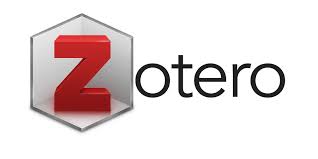Analisis Level Metakognisi Siswa Sekolah Menengah Atas Penghafal al-Qur’an dalam Memecahkan Masalah Matematika
DOI:
https://doi.org/10.29240/ja.v1i2.1068Keywords:
Metacoginition Level, Qur’an Memorizer, Mathematics ProblemAbstract
Metacognition has a key position on problem solving in mathematics. Metacognition is thinking about what they think. This research is qualitative research purposing for identifying of students’ metacognition level on matematics problem solving based on their quatity juzs of Qur’an memorized. The subjects of this research is three students who are in 12th grade in Senior High School. Students’ metacognition level is identified through test and indicator of metacognition level. The result of research show that metacognition level of Senior High School students taking in level of aware use, semi strategic use and semi reflective use. The student who has less than 10 juzs in Qur’an memorized is in aware use level. The student who has 10 until less than 20 juzs in Qur’an memorized is in semi strategic use level. The student who has 20 until 30 juzs in Qur’an memorizing is in semi reflective use level. Based on this reasearch, researchers conclude that the more juzs memorized, the higher level that students get.
Downloads
Downloads
Published
Issue
Section
Citation Check
License
Authors who publish with ARITHMETIC: Academic Journal of Math agree to the following terms:
- Authors retain copyright and grant the journal right of first publication with the work simultaneously licensed under a Creative Commons Attribution-NonCommercial-ShareAlike 4.0 International License (CC BY-NC-SA 4.0) that allows others to share the work with an acknowledgment of the work's authorship and initial publication in this journal.
- Authors are able to enter into separate, additional contractual arrangements for the non-exclusive distribution of the journal's published version of the work (e.g., post it to an institutional repository or publish it in a book), with an acknowledgment of its initial publication in this journal.
- Authors are permitted and encouraged to post their work online (e.g., in institutional repositories or on their website) prior to and during the submission process, as it can lead to productive exchanges, as well as earlier and greater citation of published work (See The Effect of Open Access).








